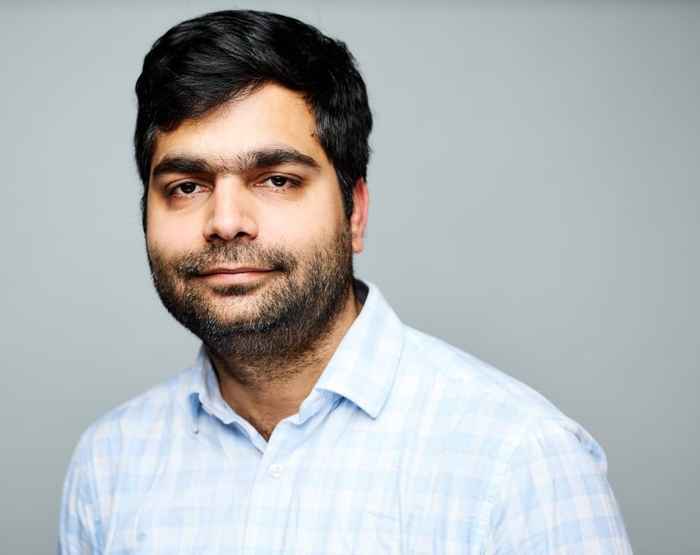Data Science seminar: PA-OmniNet - A Deep Learning Framework for Image Reconstruction from Sparse Data
- Date
- 23 September 2025
- Time
- 10:00 -11:00
- Location
- LAB42 - Science Park 900
- Room
- L3.33
About the seminar
Reconstructing high-quality images from sparsely sampled measurements is challenging due to artifacts and loss of detail. Conventional deep learning models like U-Net can improve image quality but usually require retraining for each new system configuration, demanding significant data and computation.
We present PA-OmniNet, a modified U-Net architecture that adapts to new acquisition settings without retraining. Evaluations on synthetic and experimental datasets demonstrate that PA-OmniNet outperforms standard U-Net models, achieving higher structural similarity, reduced error, and improved signal-to-noise ratios. In most cases, the generalized OmniNet even surpasses retrained task-specific models, highlighting its potential for efficient and robust reconstruction in diverse imaging applications.
Beyond technical performance, frameworks like PA-OmniNet can reduce costs, shorten scan times, and improve accessibility of advanced imaging in clinical settings. By bridging data science and medicine, PA-OmniNet illustrates how deep learning can make medical imaging more accurate, efficient, and adaptable across disciplines.
Registration
The seminar is free and everyone from all disciplines and faculties is welcome to attend. Register now to secure your place!

About the speaker
Navchetan Awasthi is an Assistant Professor at the Informatics Institute and scientific staff member of the QurAI team, an interfaculty group embedded in the Faculties of Medicine and Faculty of Science. Navchetan’s work focuses on the intersection of deep learning based techniques for image processing and reconstruction for ultrasound images. He is also interested in inverse problems and computational methods for medical imaging.
